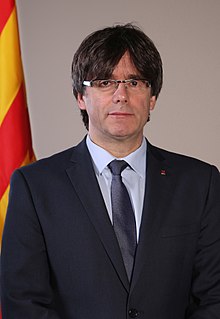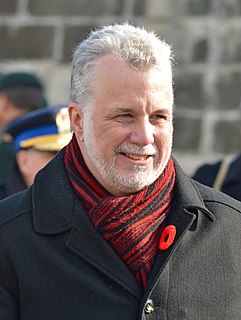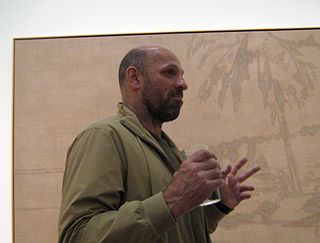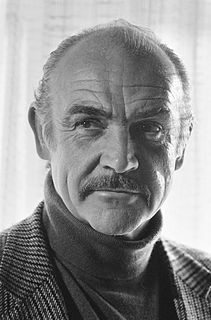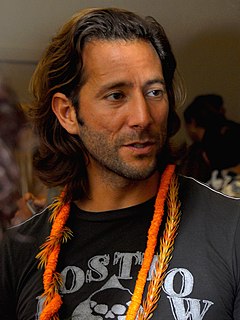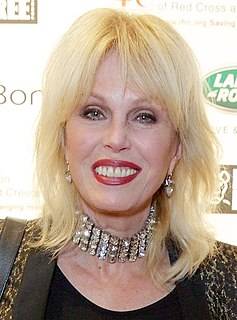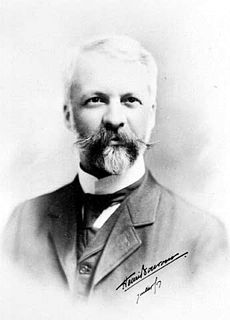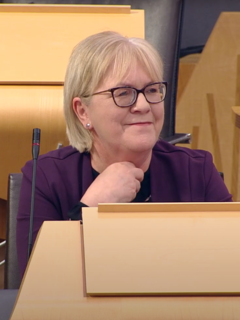A Quote by Michael Ignatieff
Secessionists, whether in Scotland, Catalonia, Quebec or anywhere else, invariably assume that a person must either be Scottish or British, Catalan or Spanish, Quebecois or Canadian. What about those who feel they are both?
Related Quotes
In 2010, the Spanish constitutional court annulled a large part of the Catalan statute of autonomy negotiated between Catalonia and the previous prime minister, Jose Luis Zapatero. This demolished one of the main agreements achieved during the Spanish transition to democracy - Catalonia's recovery of self-governance.
Each year, in this world, several languages do die out. There are certain languages that have their survival assured for many years, such as English, but there are other languages whose survival is not so sure, such as Catalan, especially if they don't have a state that protects them. Catalan is spoken in Catalonia, Valencia, the Balearic Islands, and Andorra. There are about ten million people who understand it and eight and a half who can speak it. But its future is much less certain than, for example, Danish or Slovenian or Latvian, because they have a state.
Well, if there is a spectrum between ethnic and civic forms of nationalism, which is a rather schematic way of looking at it, all nationalism contains elements of both, but Scotland is very far on the civic end of the spectrum. That is partly because nobody has ever been stupid enough to say that Scotland is an ethnicity in a genetic sense. A kingdom of Scotland existed long before anybody talked of a Scottish people. So that is one thing we have been spared.
And it is undeniably true that the greatest and most important right of a British subject is that he shall be governed by no laws but those to which he, either in person or by his representatives, hath given his consent; and this, I will venture to assert, is the great basis of British freedom; it is interwoven with the Constitution, and whenever this is lost, the Constitution must be destroyed.

